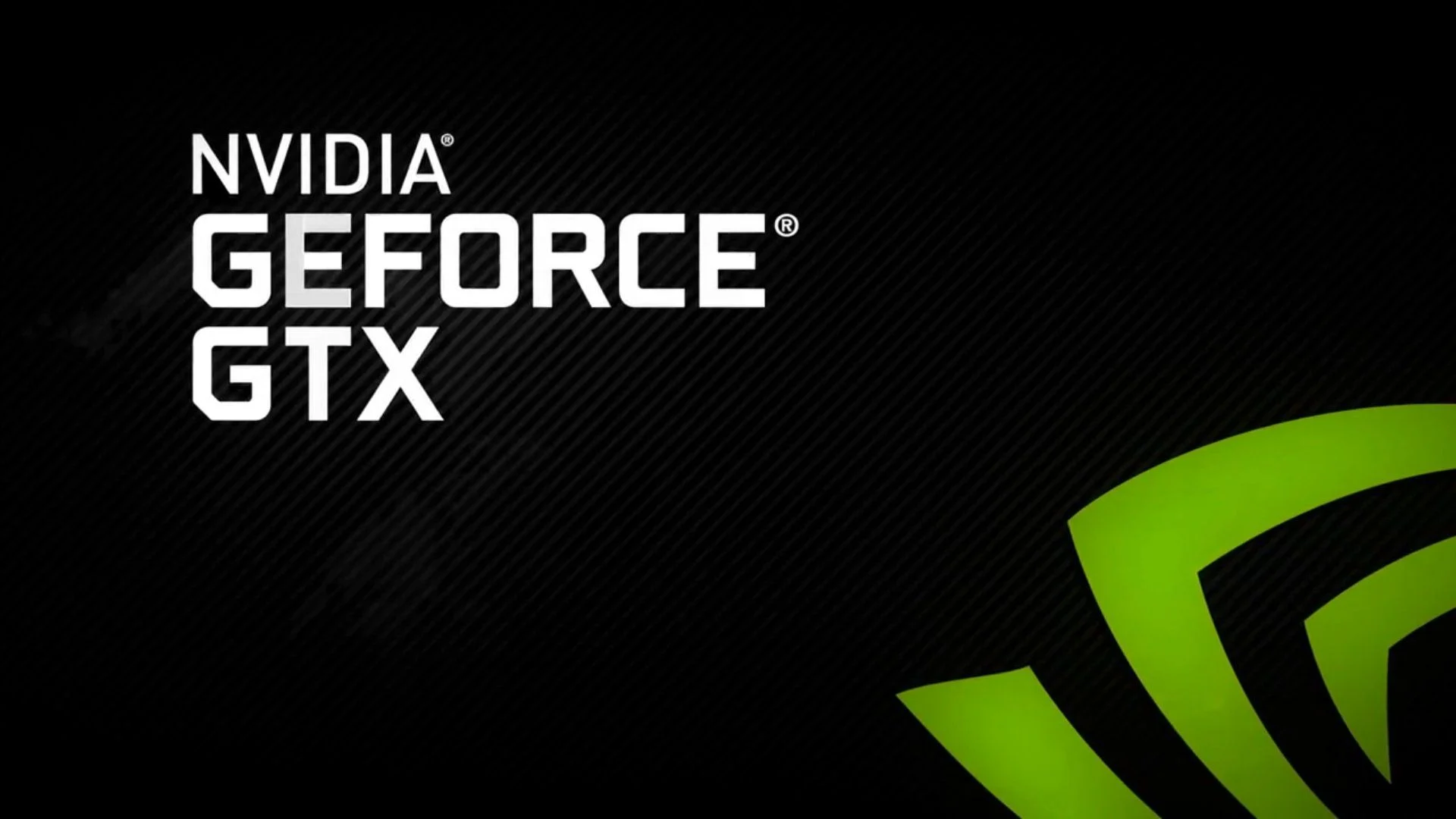
The SEC fined Nvidia $5.5 million for failing to properly tell investors about how Bitcoin miners fueled demand for its graphics cards
Nvidia will pay a settlement of $5.5 million to resolve allegations that the company improperly concealed the number of graphics cards it sold to bitcoin miners. The allegations against the corporation, as well as a settlement with the company, were announced today by the Securities and Exchange Commission of the United States. According to the court’s judgment, Nvidia deceived investors by declaring a significant increase in income from “gaming” while concealing how much of its success was dependent on the significantly more risky cryptocurrency industry. As part of the deal, Nvidia does not confess to any wrongdoing, but it does commit to stop any illegal failures to provide information in the future.
The Securities and Exchange Commission (SEC) stated in a filing that Nvidia failed to report how cryptocurrency mining fuelled development in the second and third calendar quarters of 2018, which occurred in 2017. The settlement brings an end to a narrative in which Nvidia, well known for its graphics cards for gaming, discovered itself with a surprising income boost from Bitcoin miners, which eventually plummeted to the point of being insignificant. Nvidia did not respond to a request for comment.
“Our GPUs are capable of cryptocurrency mining, though we have limited visibility into how much this impacts our overall GPU demand,” Nvidia CFO Colette Kress said in earnings commentary in February.
Kristina Littman, Chief of the SEC Enforcement Division’s Crypto Assets and Cyber Unit, said: “NVIDIA’s disclosure failures deprived investors of critical information to evaluate the company’s business in a key market. All issuers, including those that pursue opportunities involving emerging technology, must ensure that their disclosures are timely, complete, and accurate.”
The Securities and Exchange Commission’s ruling concludes that NVIDIA breached Section 17(a)(2) and (3) of the Securities Act of 1933, as well as the disclosure rules of the Securities Exchange Act of 1934, in order to raise its stock price. The decision further concludes that NVIDIA failed to establish effective disclosure controls and processes in accordance with applicable laws. In exchange for agreeing to a cease-and-desist judgment and a $5.5 million fine, NVIDIA did not confirm or reject the SEC’s conclusions.
In response to cryptocurrency mining, several of the company’s sales representatives, particularly in China, have reported what they consider to be large spikes in desire for gaming graphics processing units (GPUs). While the company was unable to determine exactly when and which specific Gaming GPUs were purchased for the purpose of crypto-mining, company personnel estimated, based on a variety of assumptions, that the effect of crypto-mining was at tiers that would imply Bitcoin mining was a significant factor in the year-over-year growth in Gaming revenue during the applicable period.
A rise in demand for graphics chips, fuelled in part by the cryptocurrency mania, resulted in a sharp increase in the price of graphics chips in 2017. However, that profit was short-lived, and the next year, the corporation lowered yearly sales targets, bringing them in line with analysts’ expectations. As a result of the disappointment, investors dumped the shares, resulting in a 20 percent decrease in the stock price over two days of trading. On Friday, Nvidia’s stock fell 0.2 percent to $187.90, a new low for the company. Stock prices have plummeted 36% so far this year.









